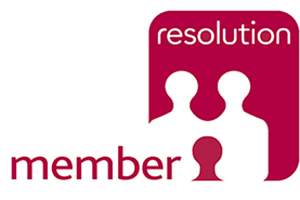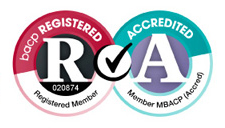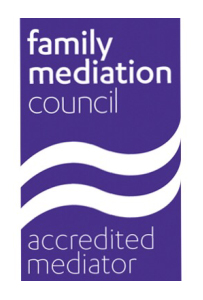Non Court Dispute Resolution
On 29 April 2024 the Family Proceedings Rules changed to require couples considering or going through applications at court to consider non court dispute resolution at every stage of the process.
Currently, aside from a few exemptions, everyone who wishes to make an application to the family court about financial matters or child arrangements is required to attend a Mediation Information & Assessment Meeting (Miams). Miams are provided by mediators. One of the key purposes of the Miams is to give information to the family about the different process options available to resolve matters and to ensure they are aware that court is not the only option and often not the best option.
However, ultimately, it is a matter for the person attending the Miams whether they engage in mediation or other form of Non Court Dispute Resolution (NCDR). NCDR is voluntary and has the best chance of being successful when you have two participants who are willing to engage. Under the current Family Proceedings Rules, if a person does not want to engage in mediation or the mediator deems it unsuitable the mediator completes a Miams certificate which is presented to the court with the application. However, following the changes made on 29 April, a party who unreasonably refuses to engage in NCDR can face costs consequences within the court application or may find their application is adjourned to allow time for NCDR.
NCDR
NCDR is defined as methods of resolving disputes other than through the court process, including but not limited to mediation, arbitration, evaluation by a neutral third party and collaborative law. The mediator will explain these different processes at the Miams so that proper consideration can be given to the best process for that particular family. Both parties should have the opportunity to attend a Miams and learn more about the different forms of NCDR. There will, of course, be circumstances where NCDR is not appropriate but with so many options available to resolve matters outside of court greater emphasis will be placed on properly exploring and trying these options. For example, in a relationship which has been characterised with some controlling behaviour it could be that shuttle mediation can be used. For couples with complex assets it could be that hybrid mediation can be used. For those who are struggling to reach an agreement on a legal principle it could be that a private judge is asked for their assessment of the right approach.
The Changes
It is no longer sufficient for the mediator to simply certify that mediation is not suitable or for the participant to say they do not want to engage. There will be a requirement for the party to complete a form known as a FM5 when they start a court application to explain why NCDR is not suitable or whether they have tried NCDR and why it is not continuing.
Parties may have to explain at each stage of the court process whether they have considered NCDR and their reasons for using or not using them. Failure to properly consider NCDR could be considered to be “conduct” from 29 April and mean that costs orders could be made by a person who will not consider NCDR and just wants to use the court process.
The court will have the power to adjourn proceedings to encourage parties to undertake NCDR.
These changes are going to be invaluable to many families and hopefully will start moving family disputes away from the adversarial court arena and into a forum which is more suitable for decision making for families.






